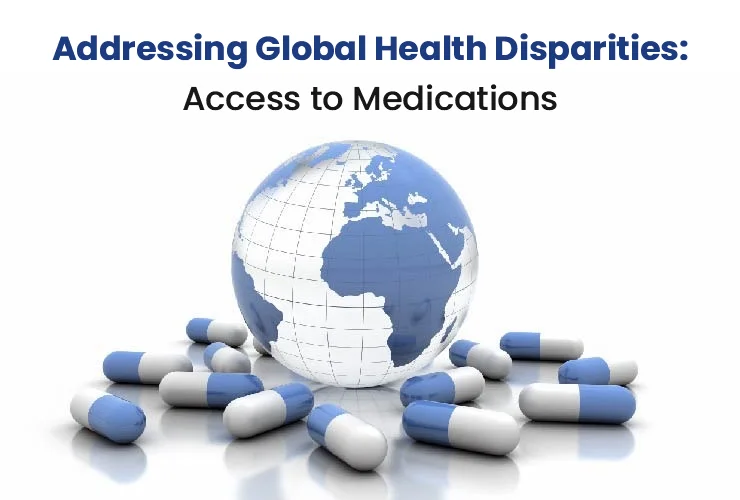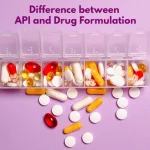

Health disparities are discrepancies that socially disadvantaged populations face with respect to the burden of disease, injury, violence, or opportunity to reach optimal health. These differences are preventable. They occur due to a plethora of factors. These include but are not limited to poverty, environmental threats, individual and behavioral factors, inequality in education, and inadequate access to healthcare. Health is a fundamental human right. However, it is a dismay that not everyone is entitled to it. An individual’s socioeconomic status dictates the status of their health to a large extent. Access to medications is a great way to bridge this health disparity. But there are barriers that need to be overcome to achieve equitable distribution of medicines.
How can access to medicines create a difference in the health status of the world?
Access to medications means that a lot of problems can be solved or avoided in the first place. While there are aspects of this concern that affect people on an individual level, others mean that society is influenced at large, leading to discrimination against a particular section and therefore compromising their basic human rights.
- Treatment: The availability of medicines ensures that people suffering from curable diseases can be treated or the symptoms can be managed.
- Preventive medicine: Many medicines help prevent the occurrence of a disease in the first place. People are increasingly employing preventive medicines for holistic well-being.
- Improve quality of life: There are many people with chronic diseases. They can only have an enhanced quality of life if they regularly take their medicines as these medicines help in managing the symptoms and prevent further deterioration of the condition.
- Prolonged lives: Proper medications can help in preventing complications of many diseases and reduce the rate of mortality.
- Economic development: Economic growth and stability of any country are in some way dependent on the health status of its population. It is observed that when people in a society are healthy they are better adept at contributing to productivity.
Barriers to equitable health across the globe can be tackled by considering aspects such as affordability, a supportive infrastructure, availability, and challenges pertaining to regulatory affairs. Collaborations among the governments of different nations, international agencies, pharmaceutical companies, and healthcare providers are important to make sure that medicines are accessible to those who need them the most. This means that aspects such as distance, ethnicity, and economic status, among others, should not come in the way when it comes to making medicines accessible.
Role of contract pharmaceutical manufacturing companies
As long as one or the other disease continues to affect human health, there will be a requirement for quality medicines. This means that the need for medicines is never-ending. Top pharmaceutical companies can ensure an uninterrupted supply of medicines by making the best use of third-party pharmaceutical manufacturing companies. Akums Drugs & Pharmaceuticals Ltd is the leading name of contract pharmaceutical manufacturer in India. It has an enormous production capacity, which is evident as it produces a whopping 140 million tablets in a day. With 12 state-of-the-art plants situated in Haridwar, Kotdwar, and Baddi, Akums is India’s largest quality third-party pharmaceutical manufacturer. Akums manufactures all types of dosage forms for its wide clientele and ensures on-time delivery.



